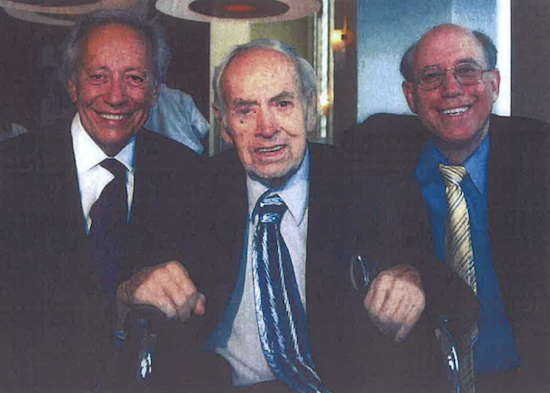Landmark Surrogate’s Court decision could end the scourge of predatory marriages

Following 11 years of litigation and a 37-day bench trial, acting Surrogate Judge John G. Ingram issued a decision that is likely to avoid a potential trend of predatory marriages in New York state.
Members of the Trusts and Estates bar in NYS had been eagerly awaiting the outcome of case between Hua Wang, also known as Judy Wang, and the family of Irving Berk. It was the first trial to apply the new tests created by New York’s Appellate Division and the decision is seen as a sign of change in the court’s attitude towards what is considered an increasing problem of elder exploitation.

Brooklyn Boro
View MoreNew York City’s most populous borough, Brooklyn, is home to nearly 2.6 million residents. If Brooklyn were an independent city it would be the fourth largest city in the United States. While Brooklyn has become the epitome of ‘cool and hip’ in recent years, for those that were born here, raised families here and improved communities over the years, Brooklyn has never been ‘uncool’.